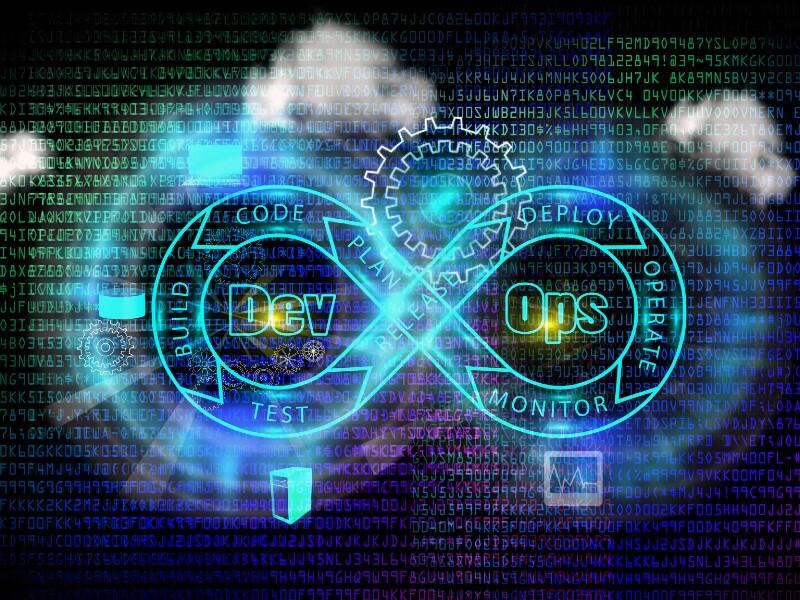How DevOps teams are taking on a more pivotal role and improving responsiveness to change
DevOps teams have the skills, knowledge and mindset to align projects and daily operations in ways that can close gaps and address challenges.

Image: Ashalatha/Shutterstock
Today, small to enterprise-class companies incorporate DevOps processes and methods in their daily operations, projects and deliverables. It’s helping project and other teams increase application stability and speed development cycles, not only on the technical side but also in areas like organizational change.
Process and deliverables challenges
Whether it’s day-to-day work or in projects, there are challenges. One of the top challenges for many businesses and teams is a fragmented value stream that creates a company-wide disconnect. Project managers are often forced to use multiple tools, processes and policies, and this can increase budgets, quality or timelines. Fragmented tools can become a costly and time-consuming effort, and it means project managers end up doing more administrative tasks than necessary rather than actual project management.
Effectively integrating people, processes and technology is key to connecting projects and operational activities that provide a company-wide value stream. It optimizes the entire process, from ideation and planning to testing and customer feedback. Luckily, DevOps teams have the skills, knowledge and mindset to align projects and daily operations in ways that can close gaps and address the value stream challenges.
The evolving role of DevOps
DevOps roles are constantly evolving to keep up pace with the organization’s growing needs, said Rona Hirsh, Komodor DevOps and full stack developer. However, he said that DevOps’ primary function remains the same to ensure reliability and business continuity while facilitating faster release cycles.
“Especially today, where so many DevOps teams are working in, or are in the process of transitioning to Kubernetes environments, (open-source container-orchestration) DevOps play a crucial part in the application development process.” This is helping to build safer, faster and higher-quality software and spearhead the adoption of the new microservice technologies, Hirsh said.
How DevOps unifies the development and operations mindset
Deloitte’s report further shows that DevOps is continuously working with other teams to align business demands within the software delivery life cycles so that companies can release products on demand. To this end, DevOps brings the following mindsets:
- Effectiveness
- Accountability
- Continuous learning and continuous improvement
- Quality product thinking
- Innovation
DevOps helps establish a DevOps culture with cross-functional, open and trusting teams working side-by-side with a company’s people, processes and technology. They help standardize processes with software development and operational lifecycles. When it comes to technology, DevOps also plays a role in improving the technologies that support delivery and automation of processes, which speeds up software delivery.
Developing a DevOps culture
Having a DevOps culture can contribute significantly to improved end-to-end service delivery, accountability and agility. By combining agile practices and DevOps, companies have enabled their teams to innovate more rapidly and solve customer problems more quickly than their competitors can.
The role of DevOps continues to expand and blend, helping other teams develop a DevOps culture focused on continuous improvement, innovation and quality deliverables. It’s only in engaging these unique and varied skills and knowledge of DevOps teams that companies can find ways to improve project deliverables and internal processes.
Also see
For all the latest Technology News Click Here
For the latest news and updates, follow us on Google News.

